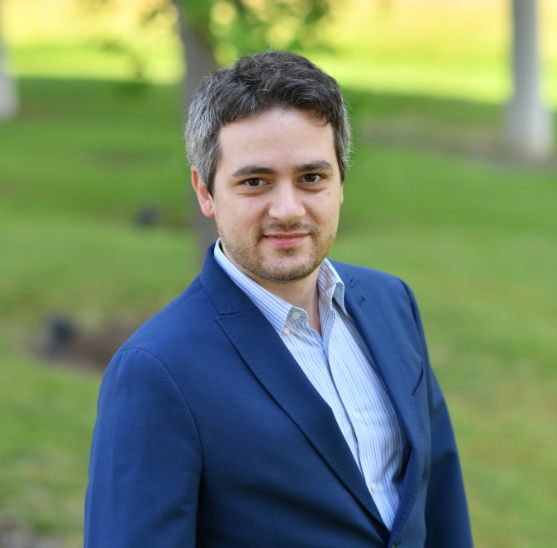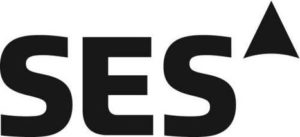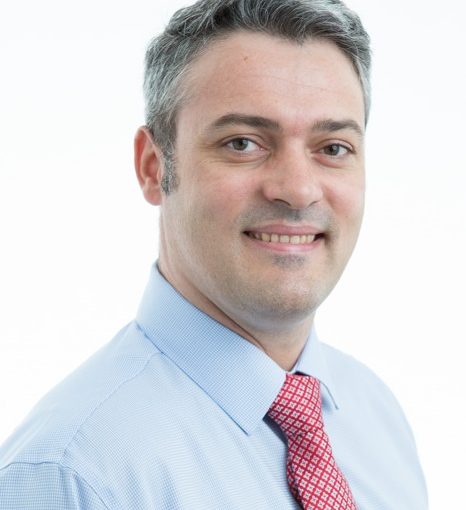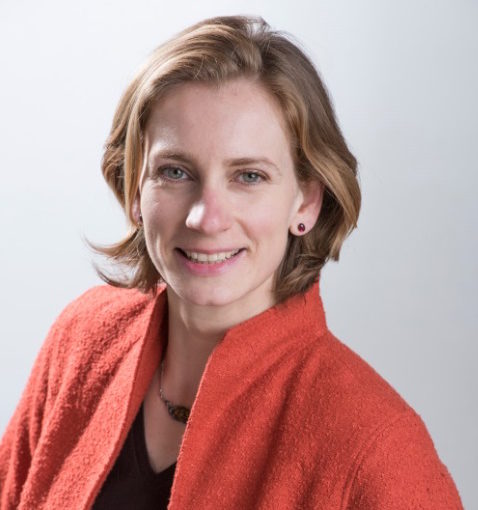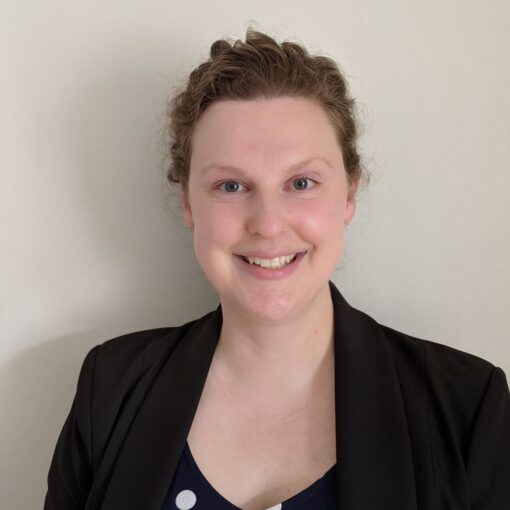Ph.D.in signal processing for wireless communications, Polytechnic University of Marche, Italy (2012)
| Engineer, Systems Development Engineering | |
|---|---|
| SES | |
Year entered into a non-academic position: 2019
Job highlight: Satellite Communications are currently facing a new era of digitalization in which flexibility and reconfigurability are keywords.
My research training set me up to… have a flexible and creative mind – which is what the world of digital transformation revolution requires to face novel challenges, especially in the Satellite Communications Sector.
Left academia after: 6 years of postdoctoral work
What’s your background?
Digital signal processing and wireless communications with a major emphasis on satellite communications. Whilst my PhD research focus was more on terrestrial and automotive communications, during the post-doctoral work, satellite communications fully occupied my research path.
Why did you move away from academia?
During my last year as a postdoc, I realised that I would like to make a career change and develop new, different skills in the satellite industry. For example, my goal was to understand how a procurement phase develops, how to deal with vendors and how existing platforms work in practice. In addition, I strived to put my knowledge and skills to test.
Is there anything you miss about academia?
I miss the range of topics and discussions I was involved in while studying, which varied between very high throughput satellite communications to automotive radar systems and even to computer vision.
How did you get this job? Did you face any challenges when considering a move away from academia or applying for the role?
During my postdoc at the Interdisciplinary Centre for Security, Reliability and Trust at the University of Luxembourg, I was involved in several research projects on satellite communications, many of those in collaboration with SES. I received information about a job opening from someone at SES. It was a role of a Telecommunications Systems Engineer which perfectly matched my background so I applied for the position and, after a few weeks, I received the invitation for an interview at SES.
It was a bit challenging for me to leave my comfortable office, my comfortable team and my comfortable tasks, but I found it extremely exciting to see what my life beyond the comfort zone could have been.
Did you think you had the skills required for your current position before you started? Were you right?
As I was previously involved in projects that gave me the opportunity to gain insight into the satellite industry, I thought I had a solid basis to start with. However, I was conscious about the amount of specific skills I still had to learn. As I predicted, there are numerous I have gained since joining SES.
How did your PhD prepare you for your current job? For example, what were the transferable skills that you developed during your PhD that are most relevant to your current job?
Actually, during my Ph.D. I was working on radar systems more than satellite communications. However, I was also introduced to the world of Software Defined Radio, which gave me an understanding of how digital platforms work. Modem platforms, satellite payloads and even satellite networks, everything is moving towards the software defined concept.
Did you have any preconceptions about your sector that proved to be wrong?
Let’s say that academia teaches you to avoid preconceptions as much as you can, so no, I didn’t have preconceptions.
Can you describe a typical week in your job?
I spend part of my time on developing and improving engineering tools needed to assess satellite capabilities and performance under various conditions. Cooperation with different teams within SES, vendors and customers also takes up a considerable part of my day.
What’s the workplace culture like? Please include comments on work-life balance, flexibility, remote working?
Working with experienced and professional people is extremely exciting. They always motivate you to reach your best performance and beyond. It is fundamental to perfectly prioritize tasks, but SES guarantees it’s employees a lot of instruments to facilitate the achievement of objectives. Those instruments include flexibility in your daily work-life and remote working.
Do people with a PhD frequently get hired in the company/sector?
Well, if the knowledge I have about colleagues/friends from the Universities I was working for can be considered as a reliable statistic, I would say that most of them have been hired by a company working on pertinent subjects of their PhDs.
What are your favourite parts of your job?
The discussions conducted during the procurement phase is probably the most exciting part. This is the period where all my knowledge and skills can be merged together to come up with a final solution.
What are your reflections on your (future) career path?
Well, in general I think that “the more you get, the more you want.” I try to be focused and do my job the best I can every day. I believe that my career will develop in line with the passion I put into it and the results I am able to achieve because of it. I wish to have an impact on the company and I challenge myself to prove myself to be on the right path.
Do you have any advice for current graduate students and postdocs considering a career outside of academia?
If you feel that you can contribute to the satellite industry with your creative mind and with your technical background, then my suggestion is to follow your feeling. I think that the industry is hungry for talented individuals who can approach present and future business with a creative mind and passion. Show your motivation and commitment in your day-to-day work and do not hesitate to ask your colleagues questions.
What do you know now that you wish you’d known when exploring a transition?
Probably how flexible and exciting it is to work in SES where innovation is one of the main objectives! I was a bit biased (and worried) by the misbelief that working in industry means, most of the time, dealing with repetitive tasks. In SES, I have found a place where the most reliable and advanced techniques I was working on can potentially became a real technology.
Can you recommend any relevant resources, organizations or events that might help somebody new to the sector find out more about it?
Oxford Recruiters Group is a very helpful organization that can provide precious information about SES, the satellite industry and career opportunities at SES.
SES has a bold vision to deliver amazing experiences everywhere on earth by distributing the highest quality video content and providing seamless connectivity around the world. As the leader in global content connectivity solutions, SES operates the world’s only multi-orbit constellation of satellites with the unique combination of global coverage and high performance, including the commercially-proven, low-latency Medium Earth Orbit O3b system. By leveraging a vast and intelligent, cloud-enabled network, SES is able to deliver high-quality connectivity solutions anywhere on land, at sea or in the air, and is a trusted partner to the world’s leading telecommunications companies, mobile network operators, governments, connectivity and cloud service providers, broadcasters, video platform operators and content owners. SES’s video network carries over 8,300 channels and has an unparalleled reach of 367 million households, delivering managed media services for both linear and non-linear content.
Further information is available at: www.ses.com.
Why join SES?
As a global content and connectivity company, we believe that every business, mission and person should have the freedom to take their story anywhere. Every day, we do the extraordinary in space to deliver amazing experiences everywhere on Earth, and we are always looking for talented, new team members to help write the next chapter.
At SES, we think in future to service the present, and as we expand into new technologies and markets it’s an exciting time to join us. So, if you want to help bridge the digital divide to connect people in open ocean, remote desert, or at 30,000ft, we can provide the challenge.
And while you work to enable the stories of others, we want to give your own infinite possibility. Wherever you want your career to go, we can help you get there.

